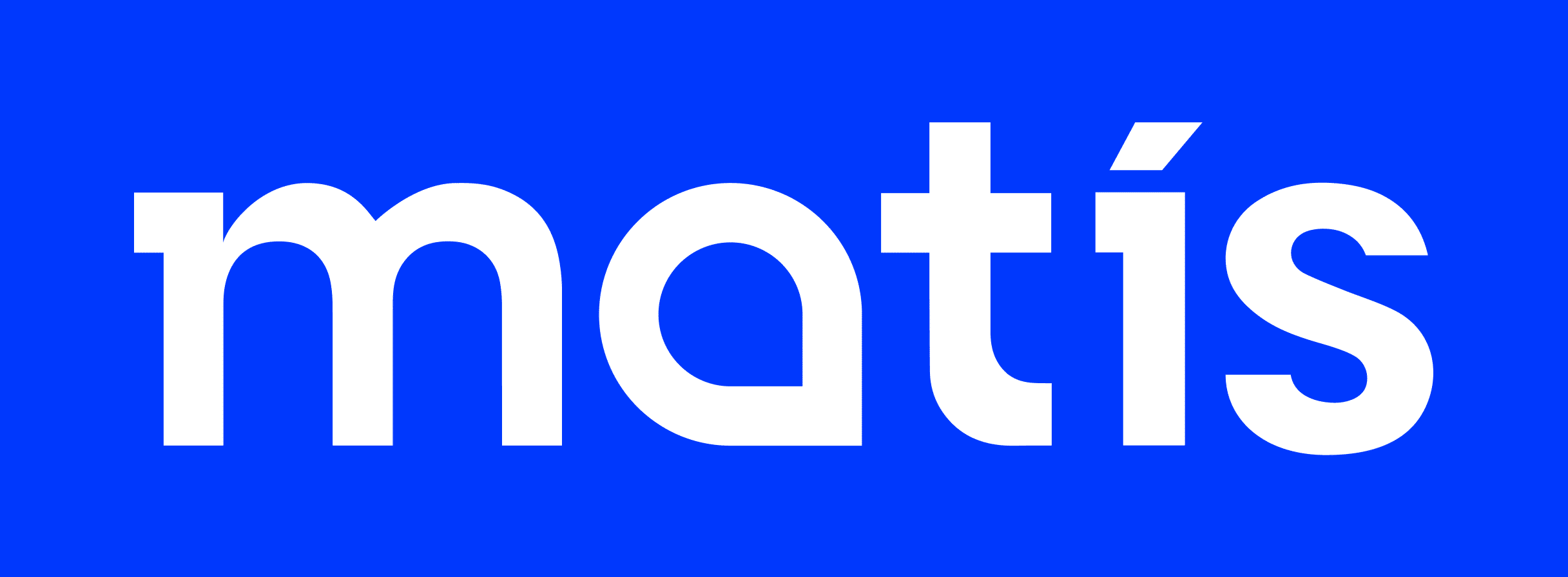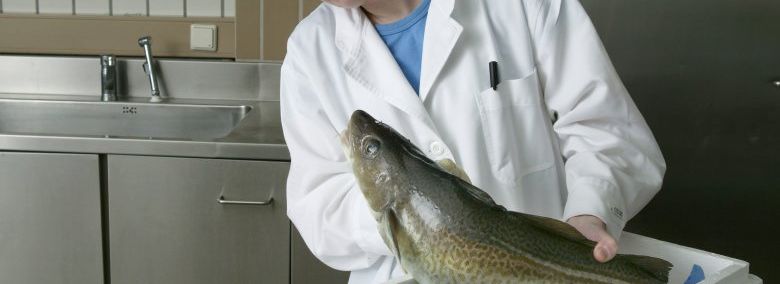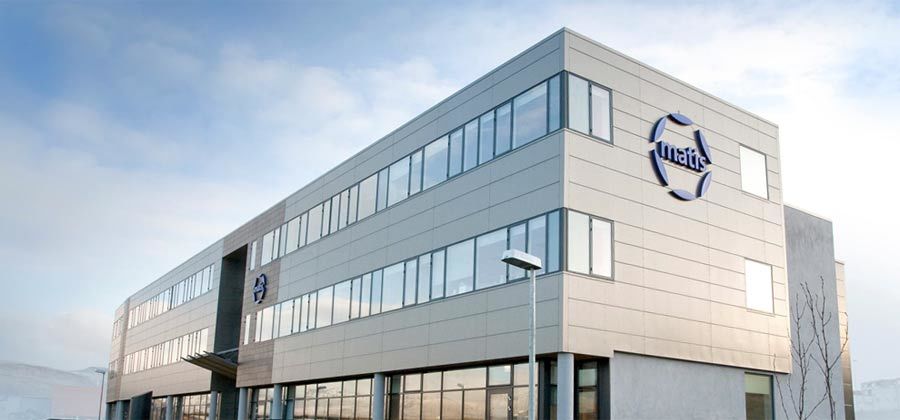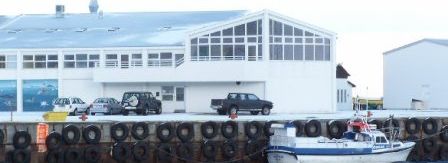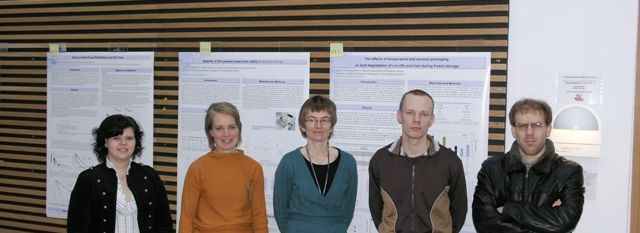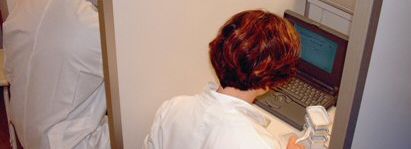IFL has, together with various partners, worked on a number of projects to increase the value of seafood in recent years. These include several projects to increase the utilization of proteins from by-products and pelagic fish for human consumption, both by developing new processing processes, new products and by exploring the market for health foods and target foods.
One of them is Propephealth within the SEAFOODplus European project managed by IFL. Its goals are:
- Screening, mapping and processing new health-enhancing substances from by-products of seafood or pelagic fish using advanced and gentle processing methods
- To develop new bioactive additives from seafood
- Using these ingredients to develop a new targeted diet
The forthcoming issue of the scientific journal Process Biochemistry presents the first results of a study on the effects of hydrolysed fish proteins on the growth of breast cancer cells. Hydrolyzed proteins, made from cod, coal, blue whiting and salmon, significantly reduced their growth.
These results are an indication of how these fish proteins can be further developed for use in health foods and as dietary supplements. There is still a long way to go. Scientific knowledge is not yet available on whether it will be possible to claim the health effects of these proteins on consumers in the future. This study is only the first step in a long way.
For further information contact Guðjón Þorkelsson: 860 4748 / gudjont@rf.is
